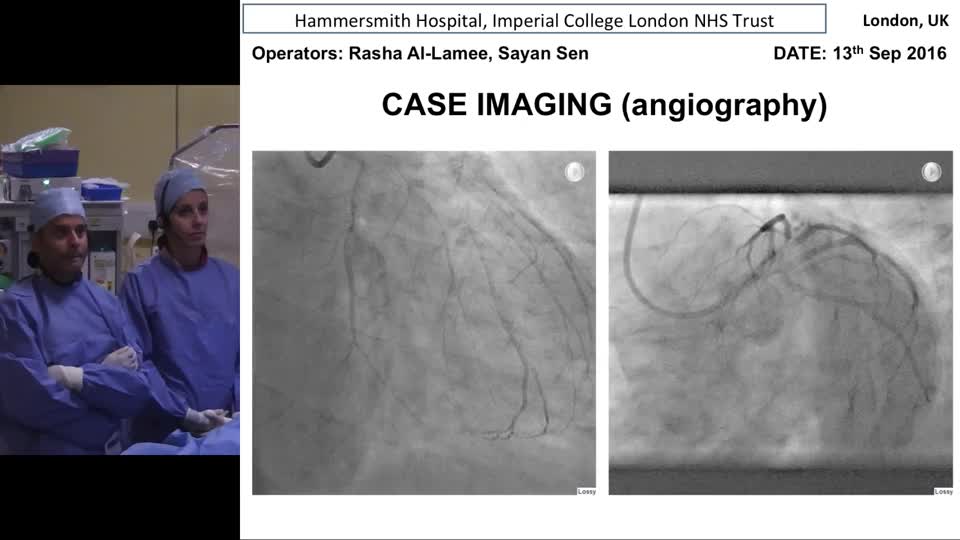





- Coronary Physiology
- Fractional Flow Reserve (FFR)
- Instantaneous wave-Free Ratio (iFR)
- Co-registration
How New Techniques are Reshaping My Clinical Practice - Prof. Carlo Di Mario
Summary
Professor Carlo Di Mario discusses how new techniques are reshaping his clinical practice. With his expert knowlegde of coroanry physiology, he teaches us how we can use iFR/FFR in the...
Summary
Professor Carlo Di Mario discusses how new techniques are reshaping his clinical practice. With his expert knowlegde of coroanry physiology, he teaches us how we can use iFR/FFR in the following important patient groups:
- In single vessel disease to avoid treatment if a lesion is non-physiologically significant
- In patients with multi-vessel disease, to identify and treat only physiologically significant lesions
- In patients with serial lesions/diffuse disease to focus treatment only on segments with physiologically significant lesions
Simple Education, is a leading provider of coronary physiology and intracoronary imaging courses to aid treatment of complex coronary artery disease.
Speakers
Carlo Di Mario is Professor of Cardiology at the University of Florence and Director of the... Carlo Di Mario is Professor of Cardiology at the University of Florence and Director of the Structural Interventional Cardiology Division of the University Hospital Careggi, Florence, Italy. Previous posts included 15 years as Professor of Clinical Cardiology at Imperial College of Sciences, Medicine & Technology, London and Consultant Cardiologist at the Royal Brompton Hospital. Despite his teaching, research and administrative commitments, he maintains an active clinical involvement performing more than 100 PCI per year with special interest in the treatment of calcified lesions, chronic total occlusions, bifurcations, and diffuse disease. He is a regular TAVI operator and certified implanter for the Medtronic Evolut R and Edwards Sapien 3 transcatheter aortic valves. He participated in more than 160 MitraClip implantations in London and Florence and has recently started direct annuloplasty with the CardioBand. Professor Di Mario pioneered the use of intracoronary Doppler, pressure measurement, intravascular ultrasound, optical coherence tomography, and near infrared spectroscopy. He was PI of the OPTICUS trial, failing to demonstrate superiority of IVUS guided stenting, and of the Lipid Rich Plaque study, due to report at TCT 2018. He was Principal Investigator of the DESTINI trial, using Doppler CRF to identify lesions in need of stenting, and of the CARESS in AMI trial, a large multicentre trial showing that patients who receive fibrinolytic therapy for ST-elevation myocardial infarction benefit from early angioplasty. This trial and a subsequent meta-analysis have led to a change in the European Society of Cardiology and AHA/ACC Guidelines for treatment of STEMI patients. He cooperated with Dr Davies to the validation of iFR to assess lesion severity and discriminate the contribution of individual lesions, and with Dr Lyon in the intracoronary delivery of SERCA-2 genes via adenoviral vectors in the CUPID2 trial.








